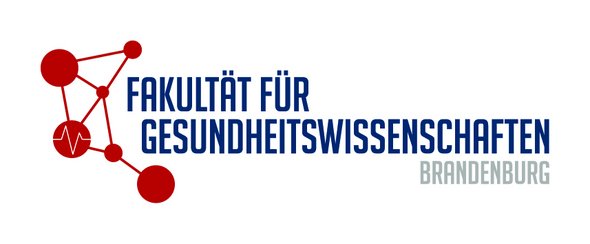Wintersemester 2023-24
Computing at Scale in Machine Learning: Distributed computing and algorithmic approaches (Modul 14038)
After successfully completing the module, students have an overview on how to solve large-scale computational problems in data science and machine learning. They know parallel approaches from multi-threaded computation on individual machines to implicit parallelism frameworks on compute clusters. They are familiar with algorithms and data structures supporting efficient exact or approximate (e.g. sketching) computation with massive data sets in and out of core. They are able to implement the algorithms. They can assess which methods can be used in a given situation.
Bioinformatics
Learning Outcomes:
After successfully completing the module, students will be familiar with state-of-the-art problems and methodological approaches used in medical bioinformatics. They will have the ability to familiarize themselves with current research in medical bioinformatics from original research literature, to participte in a technical discussion within the context of international science and present scientific content in written and oral form.
Contents:
Students will learn about specific state-of-the-art problems and methodological approaches used in medical bioinformatics. The applications will range from diagnostics and monitoring patients with sensor, clinical and omics data, to detect clinically relevant states or understand cellular processes relevant to diagnosis and disease as well mechanisms for treating diseases. Methods will include both algorithmic and machine learning approaches.
Recommended Prerequisites: Working knowledge of probability/statistics and modern machine learning methods.
Research Module in Artificial Intelligence (Modul 14060)
Specialization Medical Bioinformatics. The projects in this version of the module should focus on research relevant to the department for Medical Bioinformatics with a focus on patient-data acquisition. This includes topics such as analysis of (multi-)omics data in particular from genomics and transcriptomics studies, analysis of clinical and medical sensor time-series data and AI methods for computational drug design. A main methodological focus is on modality specific processing of information (e.g., predicting safety or efficacy of drugs, identifying changes of a cell’s state from gene expression level) and knowledge acquisition (such as in dynamic event classification in patient data or data fusion of omics data to infer disease mechanisms). Due to the large amounts of data available from experimental collaborators and public sources, machine learning approaches often have non-trivial algorithmic aspects and/or use parallel computation (for example federated learning including privacy guarantees).


